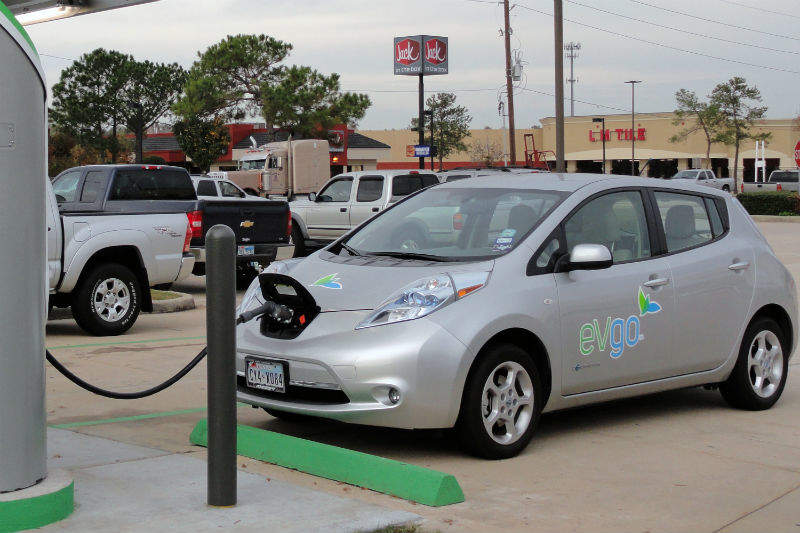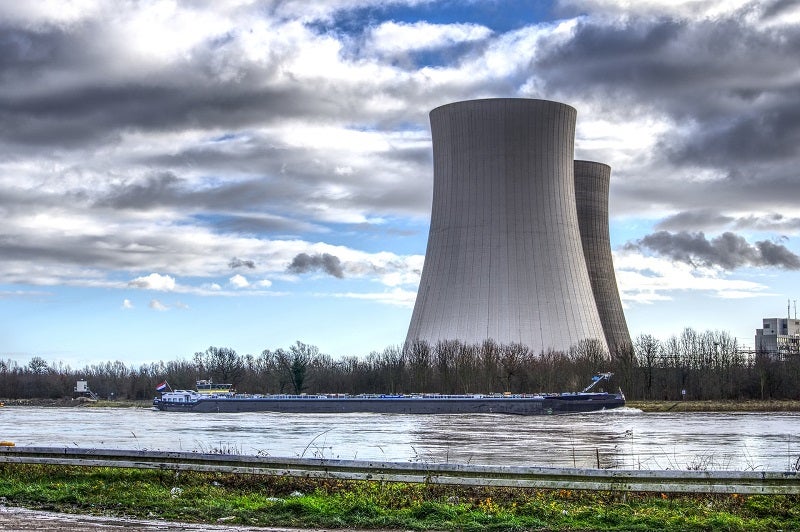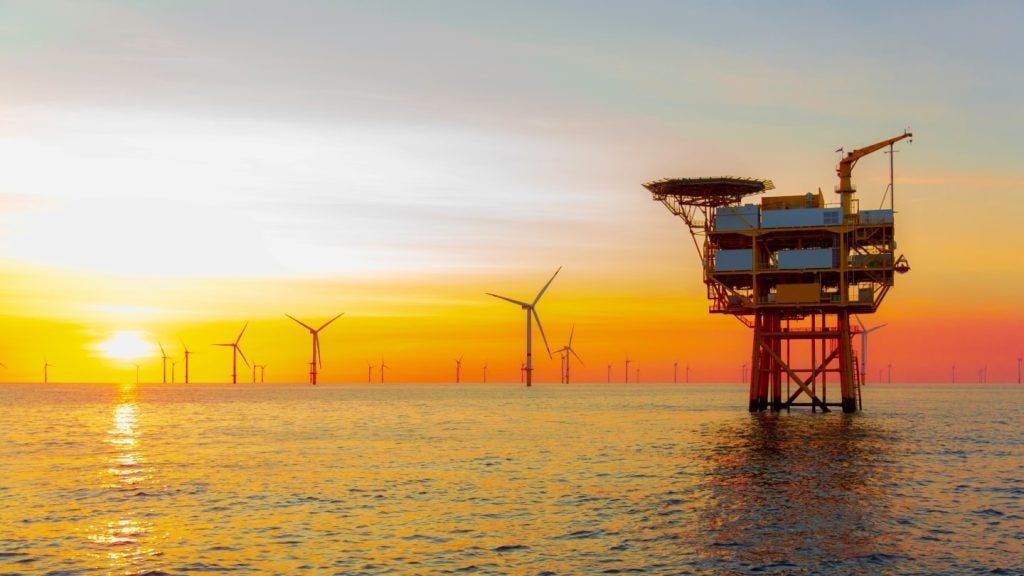
French energy company EDF Energy has announced a partnership with green tech firm Nuvve to install 1,500 vehicle-to-grid (V2G) smart EV chargers for businesses throughout the UK.
Under the deal, EDF Energy will roll out Nuvve’s V2G chargers to its business clients to boost EV infrastructure and support the national grid at peak times by adding 15MW extra capacity.
According to the companies, 1,500 V2G chargers is the equivalent energy required to power 4,000 UK households.
EDF Energy managing director of customers Beatrice Bigois said in a press release: “With 55% of new vehicles coming on to the road through businesses, they will play a key role in the transition to electric transport.
“Through this partnership with Nuvve, we are investing in smart technologies that will help our business customers electrify their fleets in a cost-effective way and support the UK’s ambition for clean growth.”
Innovations in smart EV chargers can help the industry by providing stability to the national grid at a time when more intermittent power, such as wind and solar power, is coming online, and as the presence of EVs on UK roads increases.
How well do you really know your competitors?
Access the most comprehensive Company Profiles on the market, powered by GlobalData. Save hours of research. Gain competitive edge.

Thank you!
Your download email will arrive shortly
Not ready to buy yet? Download a free sample
We are confident about the unique quality of our Company Profiles. However, we want you to make the most beneficial decision for your business, so we offer a free sample that you can download by submitting the below form
By GlobalDataThe V2G chargers work by permitting electricity to flow between an EV and the charging system, potentially using car batteries as an independent storage system.
UK Energy and Clean Growth Minister Claire Perry explained: “These 1,500 electric chargers will provide much needed green infrastructure for businesses as they seize the opportunities of the electric vehicle revolution, reducing running costs, improving air quality and unlocking the capability to store energy which can be transmitted back into the grid when it’s needed most.”
The two companies have also signed a strategic partnership to roll out smart EV chargers across Europe.
However, ZapGo CEO Stephen Voller warns that there is still a long way to go for smart EV technology to reach the everyday consumer, telling Power Technology: “We welcome EDF Energy’s initiative, but this is for commercial fleets and will do nothing to improve the availability of chargers for everyday drivers.
“What drivers really want is electric vehicles that perform like petrol and diesel cars, and this means 350kW to 1MW chargers designed for the next generation of affordable electric vehicles. Also, while 1,500 charging stations is a reasonable start, there are more than 38 million vehicles registered on UK roads.”
Improving infrastructure for EVs
Recent projects to develop EV infrastructure in the UK include the design of a new super-fast charging system at Glasgow University, and the establishment of an EV Taskforce in London.
Asked whether the current UK infrastructure could handle a surge in EVs on the roads, Mott MacDonald senior transport modeller Dr Laurence Chittock told Power Technology: “In the UK the answer is probably yes. Of course, if there were suddenly 30 million EV on our roads then the grid would struggle and there wouldn’t be enough points for people to use. Though, in reality, this won’t happen overnight.
“During the transition to 2030, more charge points will be needed, both in public and privately at people’s homes, and I except this network to grow to cover demand. From the grid side of things, the key is smart charging and management of the load.
“Assuming this is done, the actual peak capacity won’t grow that much and will be manageable. During this transitionary period, more generation capacity will be added, especially through distributed renewable means, while network upgrades will also be made.”






